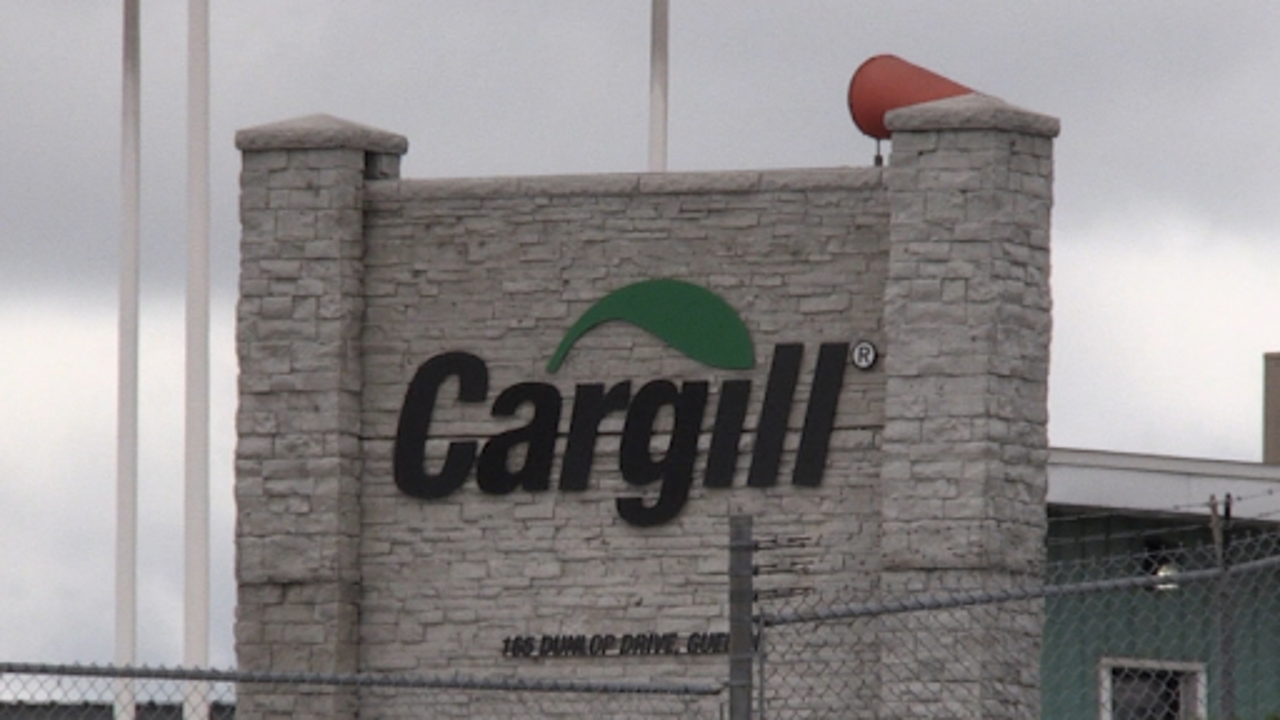
Cargill's Dunlop plant in Guelph, Ontario as of May 27, 2024
The strike at Cargill's Dunlop meat processing plant in Guelph, Ontario has reached its second month, sparking deep concerns among local beef farmers. Employees voted to strike on May 27, seeking better pay and improved working conditions, but the prolonged closure has left farmers like Joe Hill anxious.
Hill, who runs a farm north of Fergus, Ontario, expressed his initial hope for a swift resolution. "We were optimistic it would be resolved quickly," he said, "but here we are at the end of June with the plant still closed."
The Dunlop facility, along with another in Alberta, plays a critical role in Canada's beef processing, handling 55% of the market. With the strike now in its second month, farmers are grappling with a surplus of cattle that cannot be sent to market as usual.
"We're facing a daily challenge of how to manage cattle that should be sold," Hill explained to CTV News. "It's tough relying on just one plant, but we're grateful it's there because our industry depends on it."
Hill manages around 300 cattle, a modest number compared to some larger farms. Despite this, the ongoing strike is straining his operation. "We have cattle that should have been sold by now," he said, "and feeding them every day means they're growing bigger. There are financial hits when they exceed market size, so we're pushing to sell them before that happens."
Cargill has responded by shifting production to its other facilities to minimize disruption to customers, but Hill noted the logistical challenges this poses for farmers. "These plants are farther away," he said, "so getting cattle there is harder. We haven't seen any compensation or relief yet."
Despite the challenges, there's optimism on the horizon. Both the United Food and Commercial Workers Local 175, representing the workers, and Cargill have indicated a willingness to resume negotiations after the Canada Day weekend.
In an email to CTV News, Cargill expressed their focus on ending the strike and getting employees back to work. "We are eager to meet with the union bargaining committee on July 2," they stated.
CTV News attempted to reach the union for comment but received no response by their deadline.
In the meantime, Hill and other farmers are grappling with mounting costs and uncertainty about when they can sell their livestock.
"If this drags on," Hill lamented, "by fall, when cattle are supposed to move to feed yards, those yards will already be full of cattle that should have been sold earlier. We're not there yet, but every passing week brings us closer."















